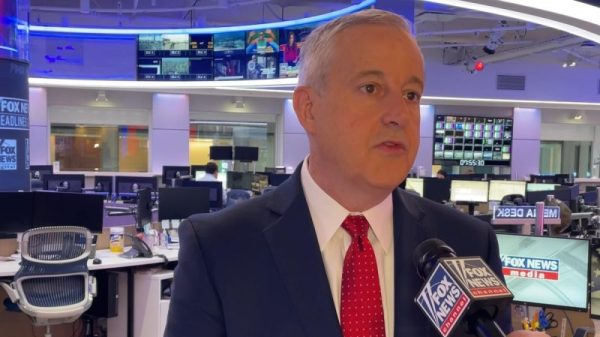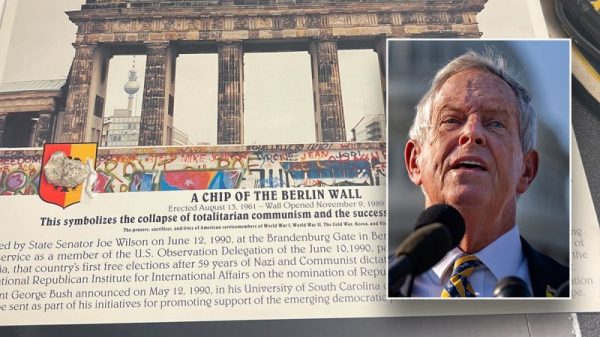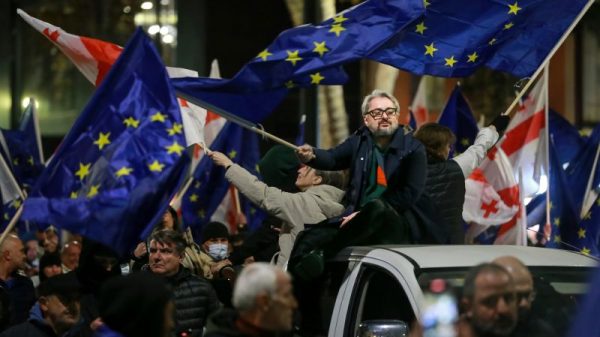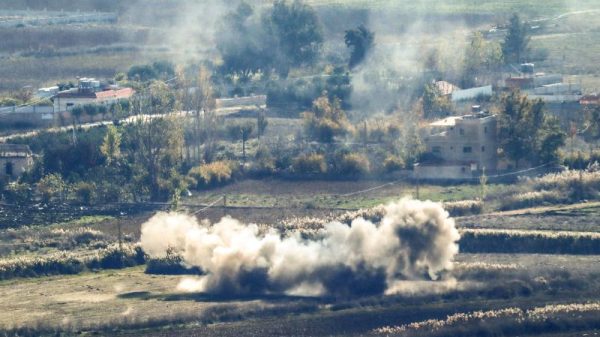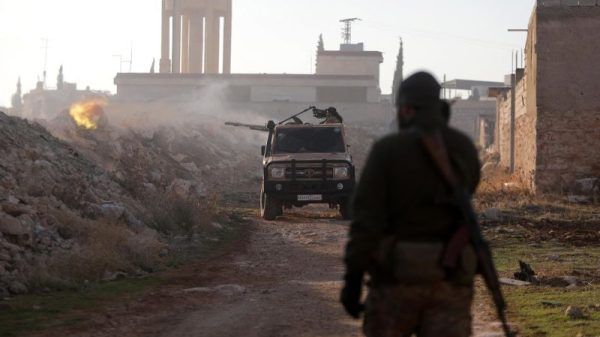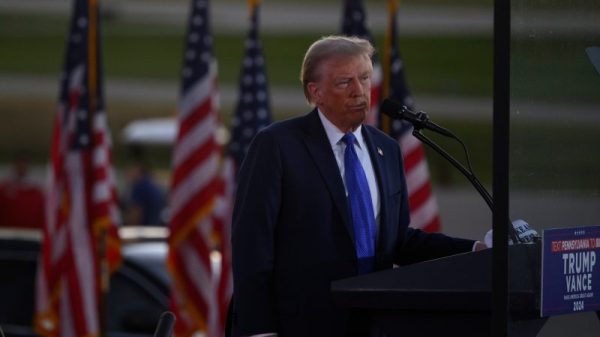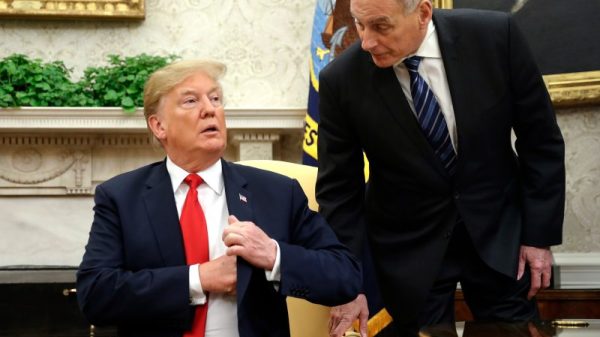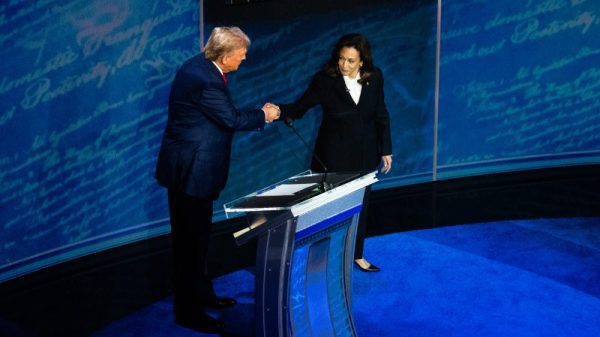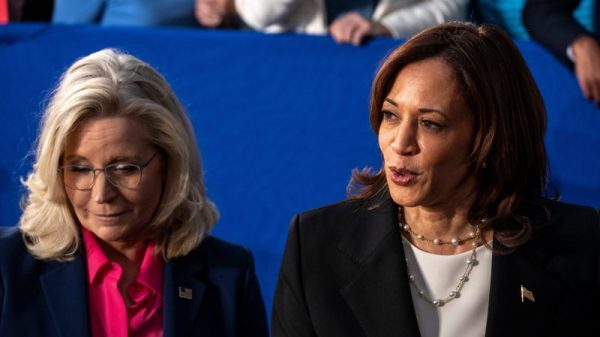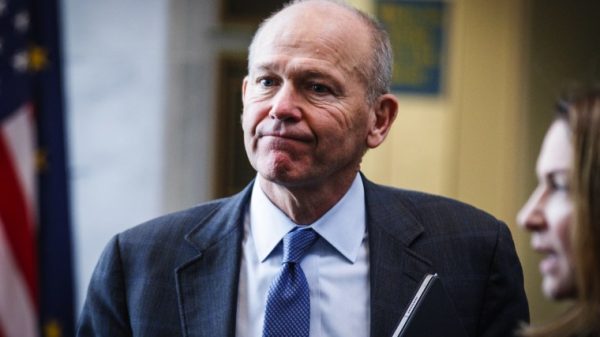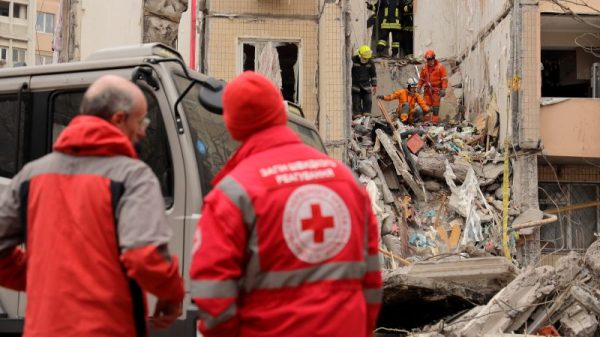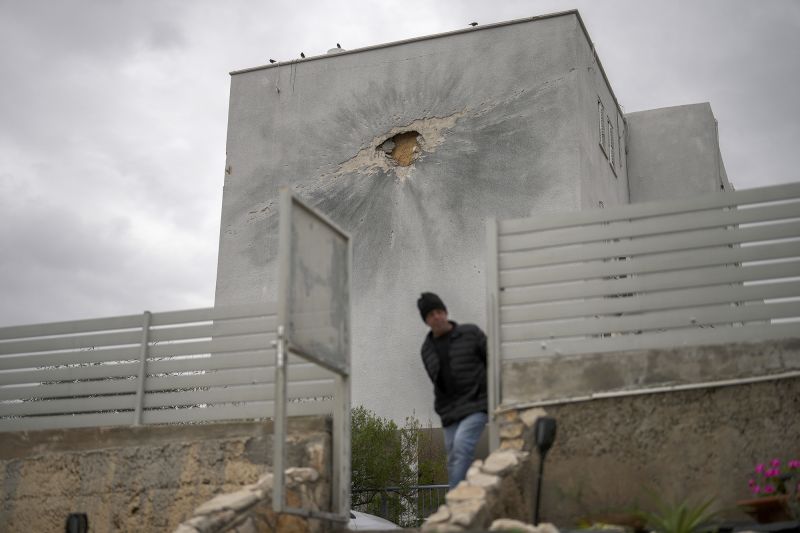 A truce in this context refers to a cease-fire, a temporary pause in fighting arranged by mutual consent of the two parties involved, in this case, Israel and Lebanon. The specifics of the truce can vary widely; they could include an agreement to stop all hostile actions, a promise to refrain from specific types of attacks, or a full temporary cessation of all hostilities.
A truce in this context refers to a cease-fire, a temporary pause in fighting arranged by mutual consent of the two parties involved, in this case, Israel and Lebanon. The specifics of the truce can vary widely; they could include an agreement to stop all hostile actions, a promise to refrain from specific types of attacks, or a full temporary cessation of all hostilities.
This truce would have several potential implications:
1. A temporary pause from violence: A truce would result in a reduction, if not complete cessation, of violence. This would mean a decrease in the loss of life and infrastructure damage in the short term.
2. Humanitarian Aid: A truce could make it more feasible for humanitarian aid to be delivered to areas heavily affected by the conflict. The provision of medical, food, and other types of assistance could be improved.
3. Diplomatic Negotiations: A truce often provides an opportunity for diplomatic discussions to intensively and constructively address the underlying issues causing the conflict. It can pave the way for potential peace treaties or other long-term solutions.
4. Change in Relations: Depending on the length and success of the truce, there might be a shift in the relationship between Israel and Lebanon. If the cease-fire holds and progress is made diplomatically, this could lead to improved relations between the two nations.
However, the overall implications depend heavily on the details of the truce, how strictly it’s adhered to by both parties, and





